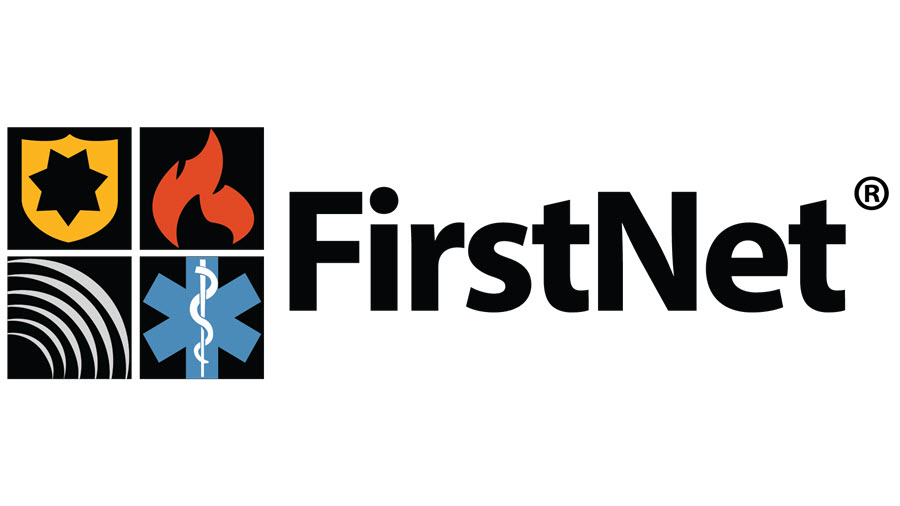House Kicks Tires on FirstNet Progress

The smarter way to stay on top of broadcasting and cable industry. Sign up below
You are now subscribed
Your newsletter sign-up was successful
House Communications Subcommittee chair Marsha Blackburn said Wednesday that the terrorist in attack in New York showed why it was important for the committee to oversee the rollout of the FirstNet first responders broadband communications network.
Blackburn was presiding over a hearing on FirstNet, which was created as a recommendation of the 9/11 commission. She said in her opening statement that the attack illustrated why it was important not only that the Congress do that oversight, but that they got it right. "There is no room for error when you are facing a disaster and need these communications."
She said that while AT&T will build FirstNet at no cost, public safety entities will still have to pay subscription and device costs. She pointed out that entities could opt out of FirstNet and go with another public safety net provider so long as it was interoperable. She said that choice should remain "a paramount principle."
That echoed Verizon's view, given that it is offering an alternative public safety net for those entities to use if they choose. She also said there had been questions about whether FirstNet could deliver its mission critical services.
Rep. Mike Doyle (D-Pa.) raised the issues of the risks of opting out of the AT&T/FirstNet network. He said that the key is interoperability. He said states that opt out are gambling on a private partner's ability to deliver a comparable network to the public-private FirstNet offering--AT&T and the Department of Commerce are essentially partners. He said the likelihood of failure with an opt-out private partner was high.
FirstNet CEO Mike Poth, who was testifying at the hearing, said AT&T has met all its deliverables--it has a 25-year, multibillion dollar contract. He said AT&T is being held accountable, except where that obligation to build out is lifted in states that opt out and pursue one of those private partnerships, though he said FirstNet would work to make opt out plans successful.
There are 27 states/territories that have yet to make their decision about opting in or out, he pointed out. They have until the end of December to do so.
AT&T SVP Christopher Sambar said recent natural disasters and public safety incidents--hurricanes and wildfires among the former, the Las Vegas shooting among the latter--highlighted the wisdom of Congress' consensus to establish a nationwide high-speed broadband public safety network.
Blackburn asked what FirstNet's cybersecurity protections were. Sambar said a nationwide interoperable network without the "seams" that would be created by having to integrate with opt-out alternatives provided the best security. He also said the core FirstNet public safety network would be encrypted and separate from the core commercial network. Sambar also pointed to its new, separate, app store for public safety that is not open to the public.
Rep. John Shimkus (R-Ill.) asked about overbuilding in rural areas. AT&T's Sambar said the goal was to use rural providers as much as possible.
"I am happy to hear that FirstNet and AT&T understand the critical importance of interoperability and support interoperability across multiple networks serving public safety," said Don Brittingham, VP, public safety policy, for Verizon. "However, I am troubled by their statement that they are working to develop devices and applications that are based on proprietary standards. Verizon has been very clear in our support for open and interoperable arrangements that ensure first responders can communicate effectively. Interoperability must occur at every level. We look forward to working with FirstNet and AT&T on interoperability in the next few weeks, before states must make their final ‘opt out’ decision on December 28."
"While Verizon understands FirstNet’s decision to select a single network partner, we also recognize that FirstNet has a statutory mandate to ensure that states have a meaningful opportunity to make their own communications decisions including the ability to construct their own networks should they not wish to use the network built and operated by FirstNet and its commercial partner," said the company in written testimony for the hearing. "These “opt-out” provisions allow states to use the spectrum and federal funding provided to FirstNet by Congress to support the deployment and operation of state-based networks should they choose to opt-out of the FirstNet network."
The smarter way to stay on top of broadcasting and cable industry. Sign up below
Contributing editor John Eggerton has been an editor and/or writer on media regulation, legislation and policy for over four decades, including covering the FCC, FTC, Congress, the major media trade associations, and the federal courts. In addition to Multichannel News and Broadcasting + Cable, his work has appeared in Radio World, TV Technology, TV Fax, This Week in Consumer Electronics, Variety and the Encyclopedia Britannica.

